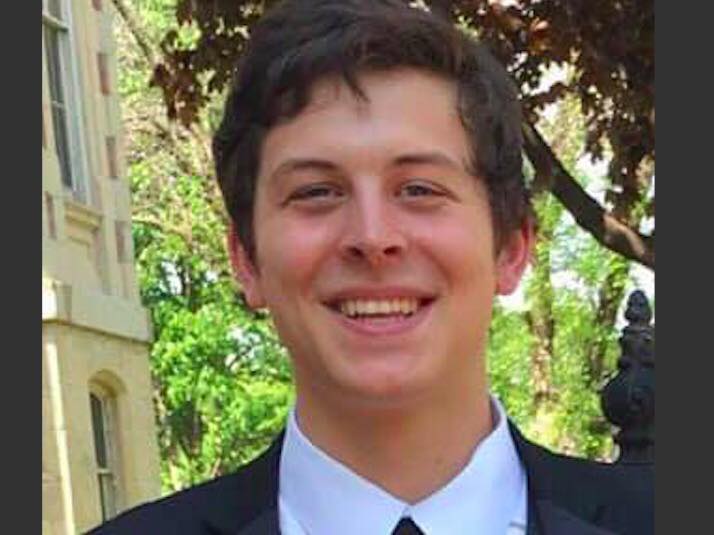Reevaluating and language in wake of Aurora shooting

Courtney Prais ‘19,
Opinions Editor
Five lives were lost on Friday, February 15, when a man being let go from his job opened fire at the Henry Pratt Company in west suburban Aurora, Illinois. Among those brutally and unnecessarily killed was Trevor Wehner of Sheridan, Illinois. He was a student at Northern Illinois University and a human resources intern at the manufacturing plant. He was 21-years-old and set to graduate in May with a degree in human resource management.
Out of curiosity, I decided to look up his Facebook profile. Having lived and studied so close to my own home—and Lake Forest—I wondered if any of my friends had known him. I discovered we had no mutual friends, but I was able to swipe through his pictures and gather just a snippet of the intimate life the young man shared with his friends, family, and loved ones. Wehner and his girlfriend would have celebrated their four-year anniversary in September.
Then, I read the heartbreaking Facebook posts by the wife of Josh Pinkard, the plant’s manager. Somewhere within those final moments of his life, he found the ability to text his wife, Terra, “I love you.” In the posts, Terra detailed how unbearable it was to have to explain to their children that Josh had been killed.
Unfortunately, history is too often marked by tragic events like the Aurora shooting. This particular tragedy occurred just an hour-and-a-half away from the College; for some, it might have occurred in their hometown. In fact, some of us might know the victims of the shooting, either directly or through others. Regardless, any time lives are senselessly lost, it is personal.
As I reflected on this tragedy and the lives of these people I had never met—lives cut too short—I began to think, too, about how we talk about death in today’s society. The same night of the shooting someone posted on their Facebook page, while talking about a paper they had to write to for school, that they wanted to die. In saying that, they weren’t being literal; the somber assertion was a shortcut to expressing the overwhelmed, frustrated emotions festering inside them.
This wasn’t my first encounter with such casual language surrounding death—we’ve all either seen the same or a similar expression used by someone we know or have even said it ourselves. I will admit that I sometimes make the inappropriate and inconsiderate mistake of talking about my life so thoughtlessly. Yet, after having just contemplated the fact Trevor Wehner, 21 and about to graduate, just like myself, had his future unjustly torn from him, the ignorance of someone joking about wanting to willingly throw their life away over something seemingly so miniscule turned my stomach.
We millennials, social media addicts, stressed out college students—whichever label you prefer—have grown used to using self-deprecating and death-centered language to describe our circumstances, often with gross incorrectness. When even the most mild inconvenience befalls us, we say we want to die. We don’t mean it literally, but there is something inexplicably offensive about making light of such a serious matter: life and death.
As we remember the lives lost in the Aurora shooting—Clayton Parks, Trevor Wehner, Russell Beyer, Vicente Juarez, and Josh Pinkard—I hope, too, we can reflect on the weight of our own words and how we can relate to one another with greater consideration.
prCourtney Prais can be reached at praisc@mx.lakeforest.edu.
